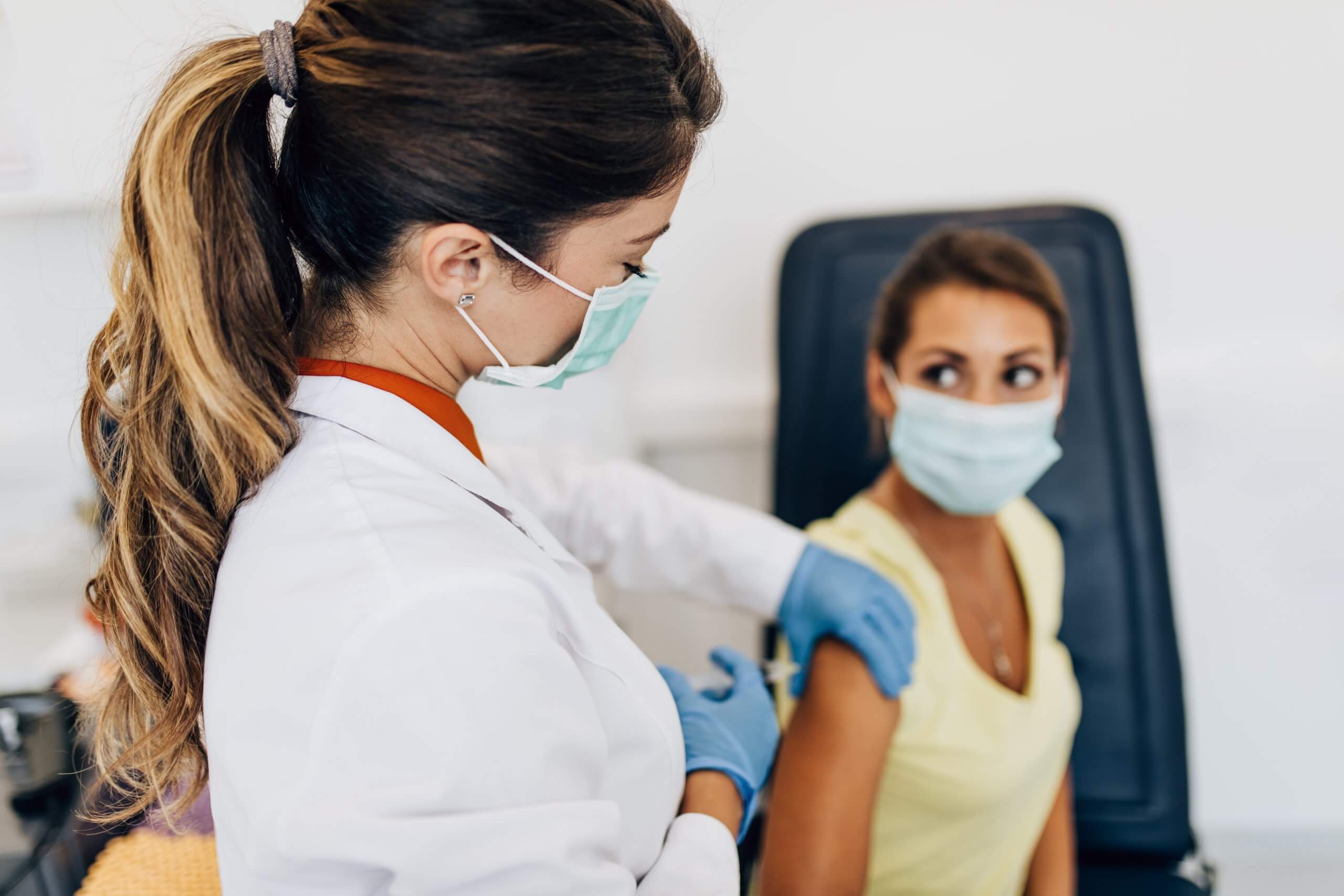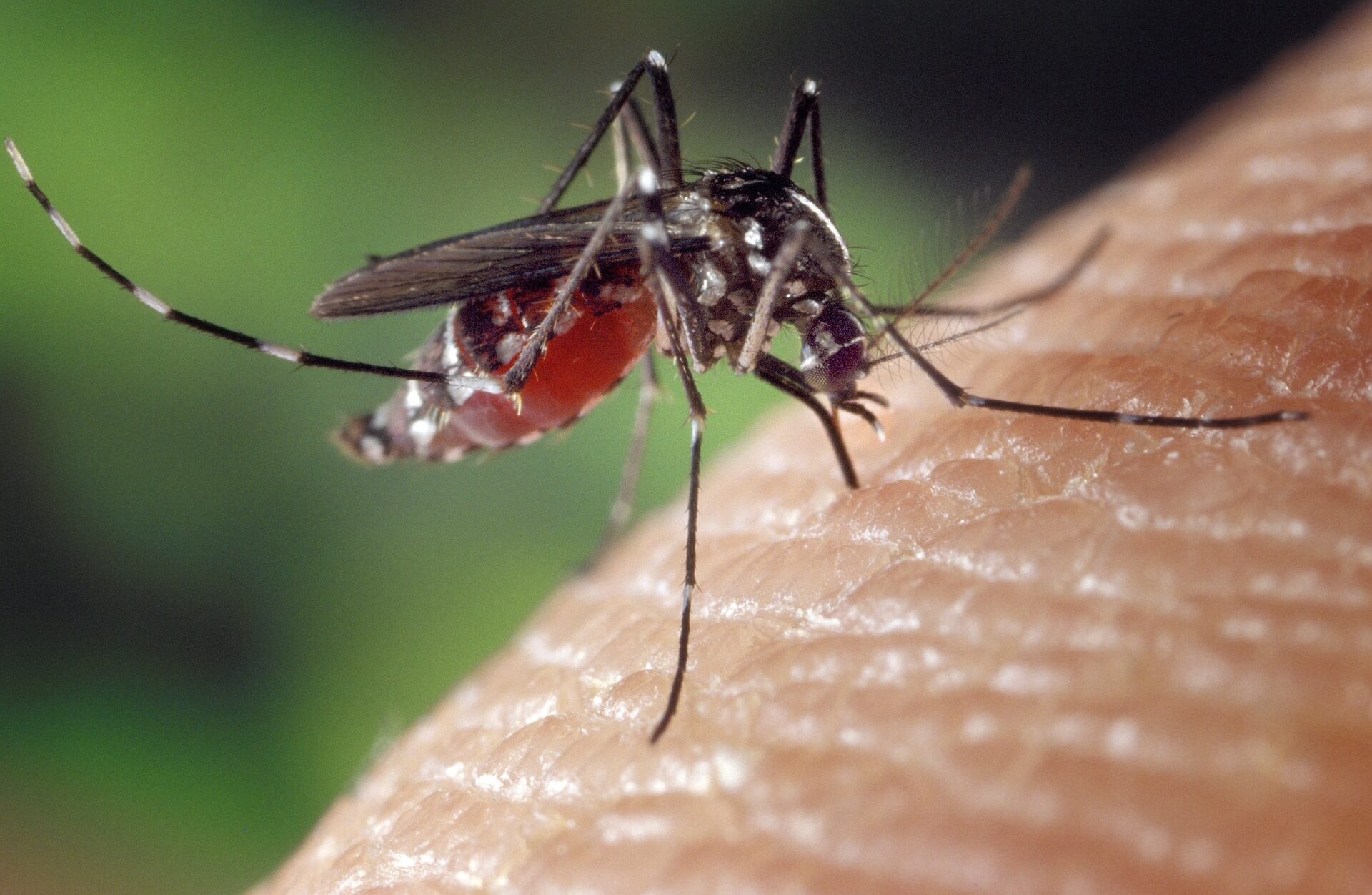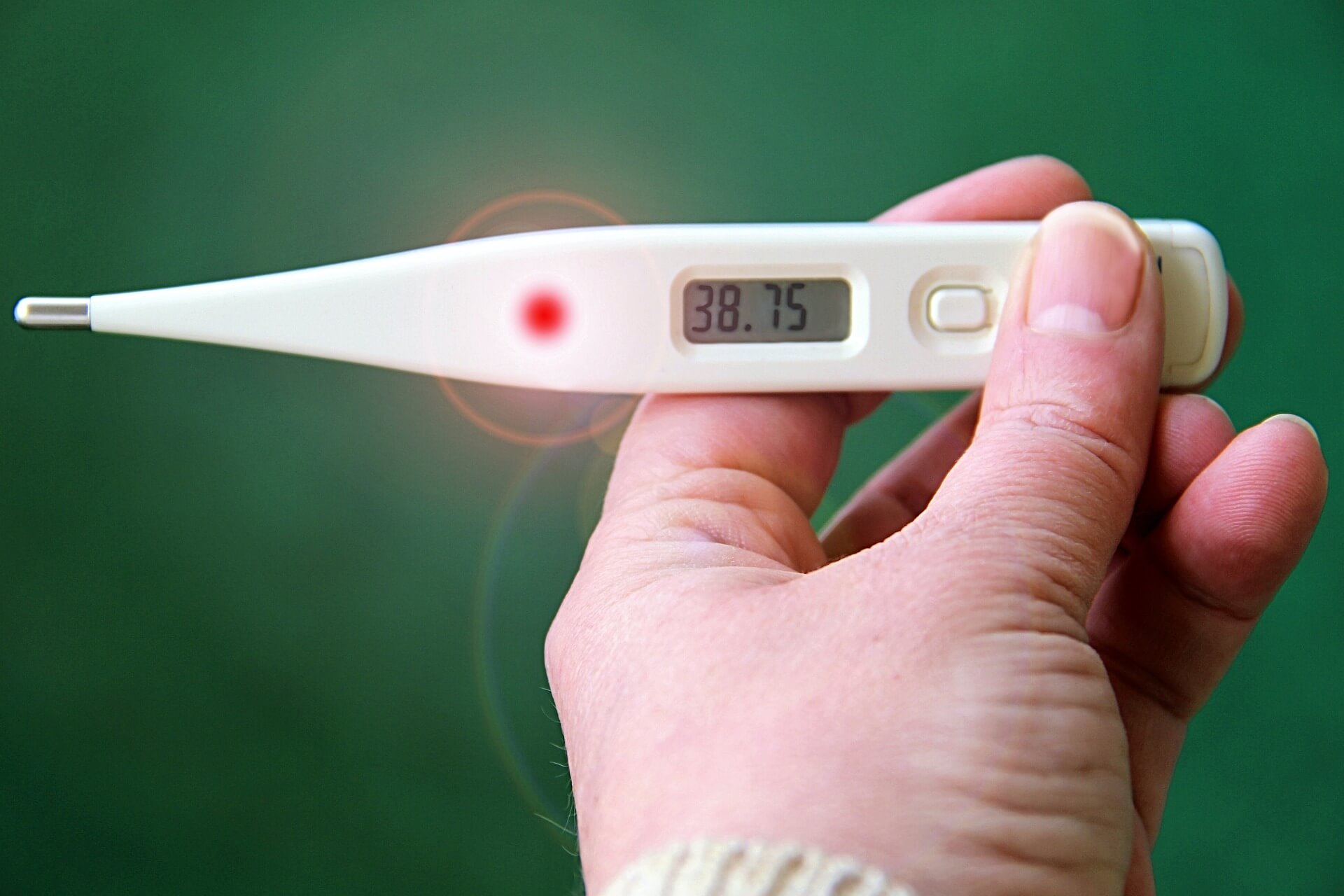This month (August) the UK Health Security Agency reported that there were 112 ‘confirmed and probable case of Chikungunya among travellers returning to England, Wales and Northern Ireland in 2024’.
Travel Health Pro has reported a number of outbreaks in places such as Italy, France, India, Cuba, China, Keyna, Bangladesh and the Maldives. You can check whether there are outbreaks in a country where you intend to travel by checking the country information page of the Health Travel Pro website.
While currently the mosquito species which carries the infection has not spread to the UK, people travelling to countries where there are outbreaks are advised to have a vaccination to protect them from the chikungunya virus.
What is Chikungunya?
It is a viral infection caused by a Mosquito bite. The name Chikungunya comes from a language in Tanzania where the disease was first identified in 1952. It was spread by bites from mosquitos in Africa and Asia. However, because people now travel more widely and climate conditions have changed in many areas, the mosquitos are beginning to appear in other parts of the world.
How is the virus spread?
The bite of an Aedes mosquito can cause the spread of the infection. These types of mosquitos are active during dusk and dawn as well as during the day, unlike malaria-carrying mosquitos which are most active at night. Being a day-time species means they have better access to the human population who are mostly outdoors during daylight hours.
What are the symptoms of Chikungunya?
The most common symptom of the infection is severe joint pain. This can be alongside a fever, a headache, muscle pain, skin rashes and sensitivity to light.
The majority of people make a full recovery within a couple of weeks. But there are some people who continue to have joint pain for months or even years.
Complications are rare, but they can occur and effect the eyes, the nervous system, the heart, and the digestive system. Young babies, people with underlying medical conditions and young babies are most at risk.
How can I protect myself from Mosquito bites?
Avoid being around anywhere that has water containers. Take care to close windows in hotel rooms. Aedes mosquitos like urban situations and are often found indoors.
Wear light-coloured long-sleeved tops and long trousers to cover your arms and legs. Use an insect repellent that contains Picardin or DEET on your clothes and exposed skin.
Check for mosquitos when you get into a car or other vehicle. Have a good look around your bedroom before you go to bed at night.
Have the vaccine to protect you from the Chikungunya infection.
What is the Chikungunya vaccination?
Two vaccines have recently been approved for use in the UK. They are the IXCHIQ live vaccine and the Vimkunya particle vaccine.
What is the difference between a particle vaccination and a live vaccination?
A particle vaccination is made up of virus-like particles which mimic the virus but are actually made of non-infectious particles. It tricks the immune system into thinking that it is the actual virus so that the body will produce the necessary immune response.
A live vaccine uses a weak form of the actual virus to promote an immune response. Typical live vaccinations include mumps and measles.
Who can have the vaccination?
The Vimkunya vaccine is suitable for anyone over the age of 12.
The IXCHIQ live vaccine is suitable for anyone with a healthy immune system, over the age of 18 and currently under the age of 60 years old (although this is under review). Also, anyone with a thymectomy or a history of thymus disorder should avoid the IXCHIQ vaccine.
How can the pharmacy help?
Both vaccines are available as a single dose application from the travel clinic at the pharmacy. You can pop in and make an appointment with a member of staff, or you can give us a call on 01276 21002, or book online through the travel clinic.




